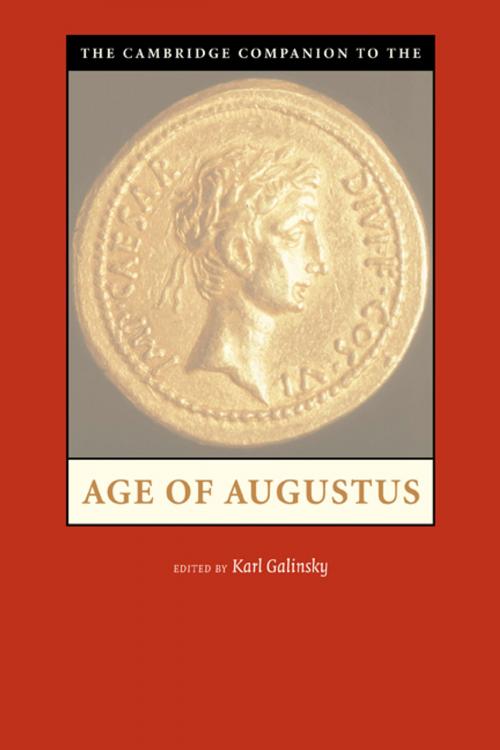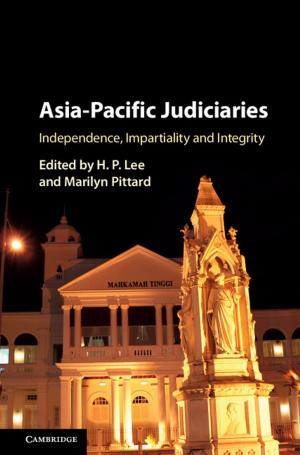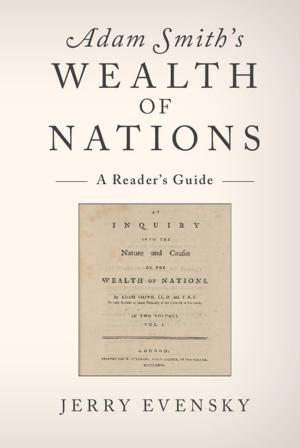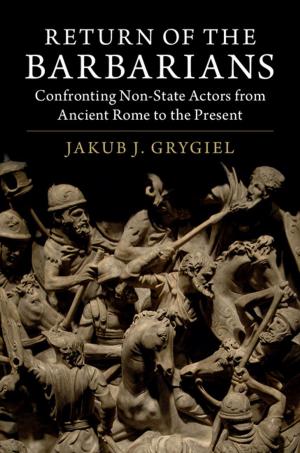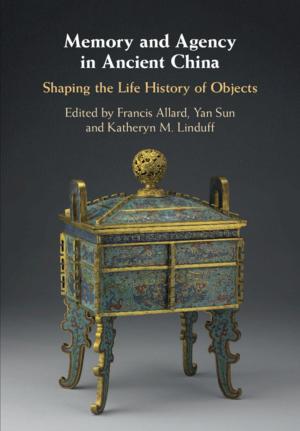The Cambridge Companion to the Age of Augustus
Nonfiction, Art & Architecture, General Art, Fiction & Literature, Literary Theory & Criticism, History| Author: | ISBN: | 9781107485693 | |
| Publisher: | Cambridge University Press | Publication: | September 12, 2005 |
| Imprint: | Cambridge University Press | Language: | English |
| Author: | |
| ISBN: | 9781107485693 |
| Publisher: | Cambridge University Press |
| Publication: | September 12, 2005 |
| Imprint: | Cambridge University Press |
| Language: | English |
The age of Augustus, commonly dated to 30 BC – AD 14, was a pivotal period in world history. A time of tremendous change in Rome, Italy, and throughout the Mediterranean world, many developments were underway when Augustus took charge and a recurring theme is the role that he played in shaping their direction. The Cambridge Companion to the Age of Augustus captures the dynamics and richness of this era by examining important aspects of political and social history, religion, literature, and art and architecture. The sixteen essays, written by distinguished specialists from the United States and Europe, explore the multi-faceted character of the period and the interconnections between social, religious, political, literary, and artistic developments. Introducing the reader to many of the central issues of the Age of Augustus, the essays also break new ground and will stimulate further research and discussion.
The age of Augustus, commonly dated to 30 BC – AD 14, was a pivotal period in world history. A time of tremendous change in Rome, Italy, and throughout the Mediterranean world, many developments were underway when Augustus took charge and a recurring theme is the role that he played in shaping their direction. The Cambridge Companion to the Age of Augustus captures the dynamics and richness of this era by examining important aspects of political and social history, religion, literature, and art and architecture. The sixteen essays, written by distinguished specialists from the United States and Europe, explore the multi-faceted character of the period and the interconnections between social, religious, political, literary, and artistic developments. Introducing the reader to many of the central issues of the Age of Augustus, the essays also break new ground and will stimulate further research and discussion.
